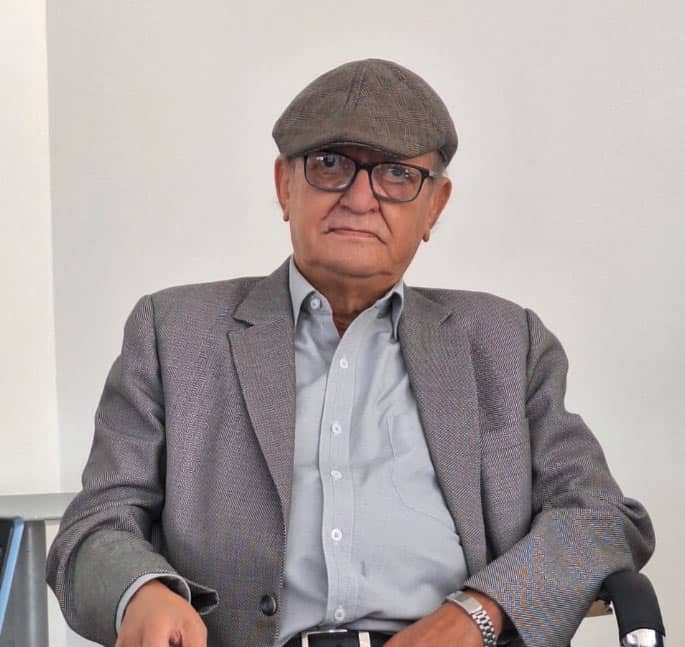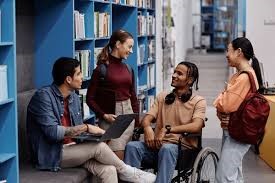"Let nothing limit us. Let nothing define us.
Let nothing hold us back. Let freedom be our very substance.”
Simone de Beauvoir. French writer, teacher, and philosopher.
By Elio Villaseñor G.
On June 2nd, citizens went to the polls to vote for the Presidency of the Republic, the members of the Chamber of Deputies, and the Senate of the Republic. In addition, the Head of Government of Mexico City (CDMX) was elected, along with the renewal of the 16 mayoralties and the Congress of Mexico City.
After the results were announced, Mexico City has a new mayor: Clara Marina Brugada Molina (MORENA). Sixteen new mayors were also elected: the "Let's Continue Making History" alliance (MORENA-PT-PVEM) won 10 mayoralties, while the opposition "Strength and Heart for Mexico" (PRI-PAN-PRD) won 5. MORENA alone won one more. The 3rd Legislature will be composed, according to the June 8 Agreement of the General Council of the Mexico City Electoral Institute (IECM), as follows: the "Let's Continue Making History" alliance (MORENA-PT-PVEM) will have 43 legislators, the opposition "Strength and Heart for Mexico" (PRI-PAN-PRD) will have 20 deputies, and the Mexican National Assembly will have one seat.
In this context, our work will consist not only of promoting public policies for youth, topics that were analyzed and discussed during the campaigns, but also of fostering appropriate mechanisms for their implementation. It is vitally important to propose an institutional structure that allows these projects to be effectively implemented in government departments with the necessary budget and personnel, especially in the following youth-targeted policies:
- Public Care System.
- Comprehensive Employability Policy.
- Upper Secondary Education Policy.
- Alternatives and Social and Solidarity Economy-Entrepreneurship.
To improve and implement these programs and policies, it is essential to adopt a proactive approach, demonstrating that as a society we can act responsibly and vigilantly to ensure their efficient and transparent implementation.
It's essential to prevent our projects from becoming stagnant on desks or limited to the realm of discourse. This requires moving from proposal to concrete action by defining clear paths and deadlines for each stage of the project.
We must show enthusiasm and offer our skills to turn young people into relevant actors in the public interest, creating spaces for dialogue and active participation in decision-making and encouraging them to propose disruptive solutions and experiment with new ideas.
As a society, we are committed to making these changes a reality, leveraging our advocacy and action capacity to ensure that policies targeting young people are not only planned, but also successfully implemented, generating a positive impact on their lives and on society at large.
The times ahead demand strengthening dialogue and making it productive, avoiding distractions on secondary issues. To move forward as a country, it is crucial to create conditions for the participation of different stakeholders and ensure the advancement of youth issues. It will be essential to establish a cross-cutting dialogue between the government and newly elected capital authorities and society, identifying and prioritizing the most urgent and relevant issues for young people, based on concrete data and consultations with youth. This is key to avoiding distractions and focusing actions on critical areas such as education, employment, and mental health.
It is about taking advantage of the opportunities for dialogue and dialogue offered by elected officials during their campaigns, creating and strengthening platforms that facilitate collaboration between governments, civil society, the private sector, and young people themselves. These platforms must be inclusive and accessible to ensure the participation of all relevant stakeholders, adopting a multidimensional approach that considers the interrelationships between different youth issues and promotes policies that comprehensively address needs.
Open channels of communication with the new government to strengthen its commitment to fostering support networks between educational institutions, youth organizations, NGOs, and businesses, sharing resources, knowledge, and best practices. Furthermore, it is crucial to establish robust monitoring and evaluation systems to ensure that programs are implemented efficiently and adapted to the social, political, and economic contexts.
With this vision of the future and the role of young people with opportunities in the current context, in this edition of Plataforma JuventudES, we feature contributions from Hannia Yohali and Fernanda Monserrath, both from the Youth Advisory Group (GAJ), who describe their empowerment as young people with opportunities; from María de Ibarrola, from Cinvestav, who shares her perspective on the Youth Building the Future program from the academy; from Pablo Ulises Rodríguez, from Proyecto JuventudES of Fondazione AVSI, and from Fernanda Torres, from Servicios a la Juventud, AC (SERAJ), who outline how to change the narrative about youth in Mexico and their opportunities in the current post-election and government transition political context. We would also like to highlight the contributions from Sergio Cortez, a volunteer member of True Identity, from Colombia, and Santiago Agudelo Murcia and Mateo Vera Ramírez, members of the Youth Advisory Group–GOYN Bogotá, who share their strategies and efforts to empower young leaders from their respective trenches.
The future of young people is not a matter of tomorrow; we must begin building it today so that they can be responsible for their own development and actively participate in the country's agenda. This perspective requires everyone to maintain a flexible and resilient attitude, adapting to changes and challenges that may arise, and always seeking to improve and optimize public action based on young people's projects and initiatives.






